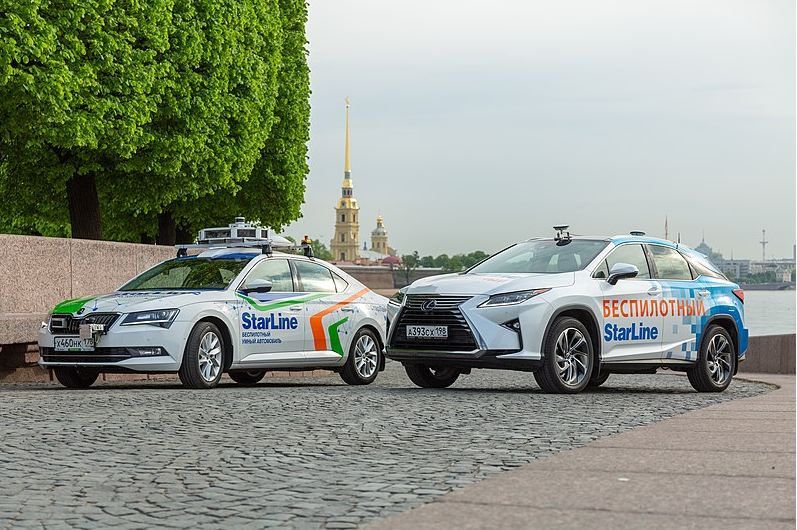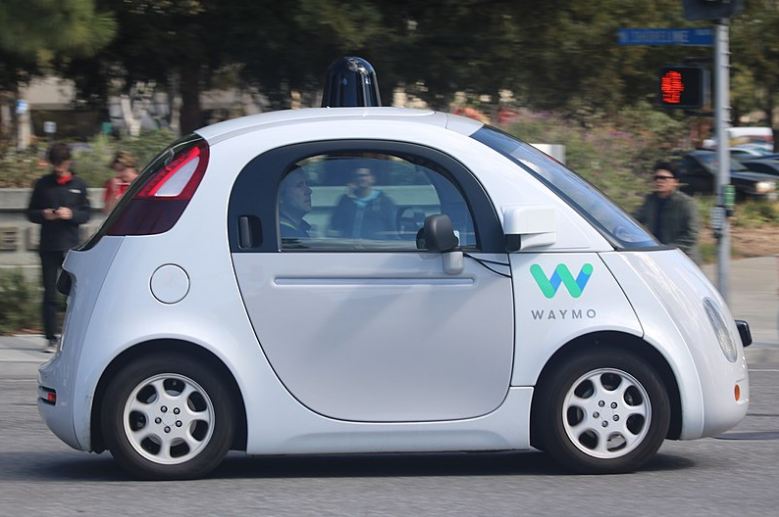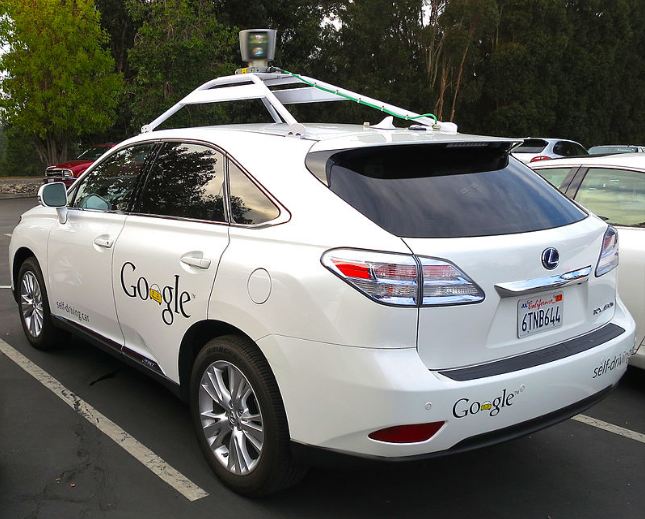Driverless cars or self-driving cars are expected to revolutionize the transportation industry. Many people would also agree that driverless cars are the future. With the leaps and bounds made in the self-driving car industry recently, only a few people would be brave enough to disagree with the fact that these cars can reduce the number of road accident fatalities. In addition to this, driverless cars have many other effects on the future, since cars or automobiles, in general, are a huge part of people’s daily lives.
Automated driving systems or ADS for cars, trucks, are vans are slowly becoming a thing, and they are set to bring some huge changes and opportunities. If you are curious about what can happen to driverless cars in the future, you’re in the right place. Today, we are going to take a look at what the future might hold for driverless cars and what the major advances from the improvement of the tech could mean.
What Can ADS Do Right Now?
In the present time, newer cars already have machine-corrective and machine-assisted technologies, including automated parking, lane correction, and potential collision detection. There are also cars from Tesla and Audi that include semi-autonomous driving features where drivers are still required but are not needed to navigate or monitor the environment if certain criteria are met. In these types of cars, drivers still need to be ready to resume control of the vehicle in case the conditions permitting ADS are no longer met.
In addition, there are many other automobile manufacturers who are looking into creating more advanced ADS-enabled vehicles, including Ford, Baidu, Volvo, and Alphabet. However, some analysts and industry figures have a more cautious outlook on the development of the technology, and for them, many projections are too optimistic.
One of those is Apple’s co-founder Steve Wozniak, who was once bullish on the future of driverless cars. He believes that self-driving car technology is very far away from being good enough to implement at scale. In addition, John Krafcik, Waymo CEO, said that autonomous vehicles will never be able to drive in all conditions.
It’s true that ADS technology has come along way. However, there are still significant hurdles and big advancements to be made and implemented before highly-automated and fully-automated cars are made available to consumers.
What Benefits Could Driverless Cars Offer?
If the technology of driverless cars continues to progress as anticipated by many analysts, one of the major benefits that it could offer is reducing the occurrence of automotive accidents. Did you know that in the United States, tens of thousands of people are killed in car accidents each year, and many are injured? Auto collisions are also costly, and they cause hundreds of billions of dollars in damage each year. Based on the National Highway Traffic Safety Administration or NHTSA, about 94% of car accidents are caused by human error. Therefore, the reduction of human input can potentially result in fewer deaths and injuries, and as well as reduced economic damage if driverless cars are up to the task of taking over.
Aside from decreasing the occurrence of road accidents, driverless cars could also give people more free time. For example, instead of driving, people can spend that time working on projects, talking to other passengers, or watching a movie in the car.
Another benefit that driverless cars can offer is more independence for physically challenged people. In the present time, most cars are not user-friendly for the elderly or disabled, or anyone who has difficulty getting around. With driverless cars, it will know how to find the easiest place for its passengers to board or alight from, making it easier for them.
Could Driverless Cars Replace Regular Cars Completely?
Some people might wonder if it’s possible for human driving to be phased out if autonomous vehicles are proven to be significantly safer. Before a full movement away from human-driven vehicles, major technological improvements are needed to gain public and legislative support. But some people in the field view the shift happening.
Many experts believe that it may take decades for fully autonomous vehicles to function at scale, or they might never be capable of fully replacing human drivers. Even if driverless cars are shown to be as safe or safer than human drivers, many people would still not want to give up having the ability to drive. A lot of people enjoy driving, and many are comfortable with the thought that they have control over their vehicles. Today, driverless cars taking over regular cars might seem far-fetched, but no one can be certain about what the future holds.
What is the Possible Impact of Driverless Cars on Car Companies?
It is still not clear what the rise of driverless cars will mean to the major players in the automotive industry. It is possible for driverless cars to be rented out by their owners to use in ridesharing services, which might also result in the reduction of individual car ownership and work against car companies. But some people also suggest that driverless cars could, in fact, increase private ownership because people would be able to straightforwardly rent their vehicle out for ridesharing.
Conclusion
However it plays out, automatic cars are indeed approaching. Their full adoption may take decades, but the convenience, cost, safety, and other factors that they bring will make them pervasive and indispensable. With this, we can say that companies that plan ahead and adjust the fastest will be able to survive the technological revolution of these future cars and thrive. We hope this post helped you learn more about the future of driverless cars.



